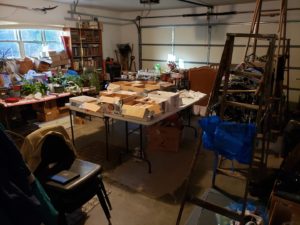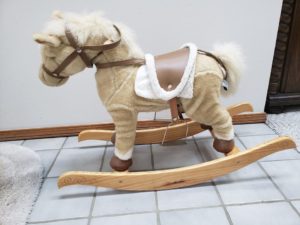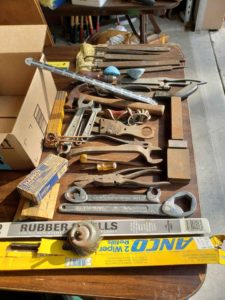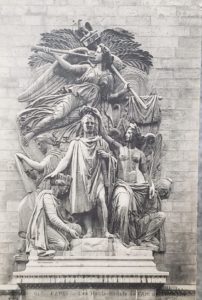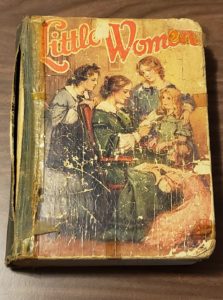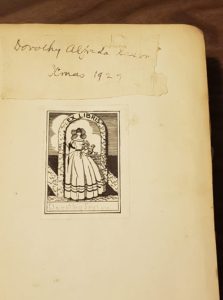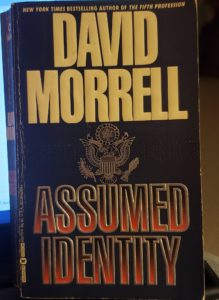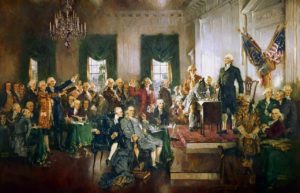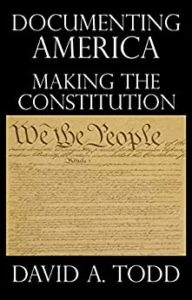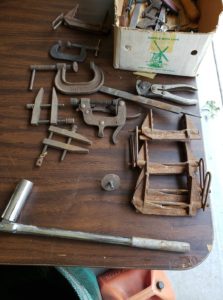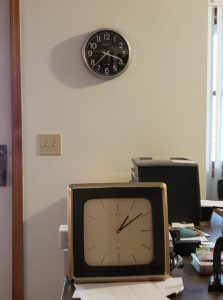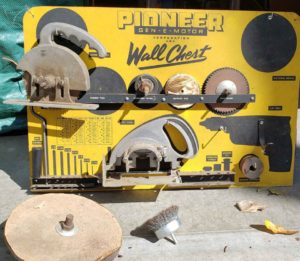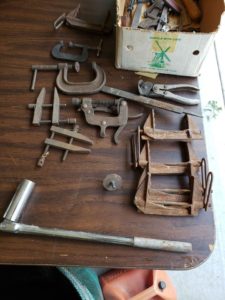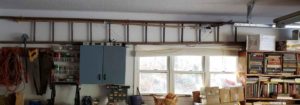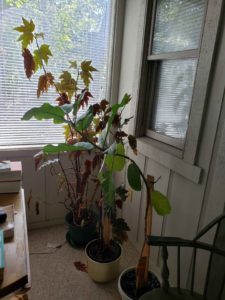Thanksgiving week is usually a busy week for us. People are coming in. Last year was larger than normal, as both of our children were here, with grandchildren, a sister, and a cousin, plus spouses. We had to set up an extra table for dinner. Thanksgiving has always been a busy time, yet a fun time.
This year, the pandemic has canceled all that. It will just be Lynda and me. Our son was here with his partner last week. They quarantined for two weeks in Chicago before coming, as did we here, so we all felt safe doing that. Charles also came for a week in October, and, if plans work out, they will do the same in mid-December. Our daughter’s family has sickness running through it. Not the corona virus, but the strep throat that kids seem to get every year in school and pass on to parents. So they will hunker down in West Texas.
Last week we had an early Thanksgiving dinner with our visitors, not quite traditional but close. We are now eating leftovers and soon I’ll be making soup and figuring out how much turkey I have to freeze, along with other things. For sure we will be eating leftovers on Thursday. So Thanksgiving will be a quiet affair.
That is actually back to normal. Life is quiet for us. Lynda’s health issues would have forced us into quietness even if there hadn’t been a pandemic. The double-whammy means we don’t go out. I still go to Wal-Mart for groceries and meds, but try to shop so as to go every nine or ten days instead of every five or six days as I used to. I still go to church, except when quarantining. We still see our neighbors on occasion. In this rural neighborhood we have more vacant lots than built-on lots, so you have to go out of your way to see you neighbors. Getting out of the house mostly means taking walks, not drives.
This week, as I look ahead on Monday and build my to-do list, looks to be a writing week. My stock trading activities are now quite efficient and don’t take more than an hour a day. I normally stretch that out to two or so. Last night I spent some time on a writing project: adding commentary to the transcribed letters from our Kuwait years. This went fairly quickly. I want to keep commentary to a minimum. At this point I’m halfway through the book with just a few hours work, and could easily finish it this week. I still have editing to do on the letters, then proofread it all and compare it to the original letters, then decide if I’m going to add photos and if so how many. I don’t know that I’m going to make this a continuous task or rather work on it in odd moment as the spirit moves me, such as when multi-tasking before the television.
I might spend a little time fleshing out the next Bible study I want to write. I’ve selected it and, having taught it twice, have a lot of beginning material. But other studies have been nagging at me, suggesting I develop and write them instead. I will have to spend some time deciding.
A letter to an old friend of my wife and me is in the offering, perhaps as early as today. Listing more things on Facebook Marketplace will also be a task quite soon, maybe even today. While I’ve been pleased with how that has gone, I’ve found it is time consuming. I plan on listing my box of JFK assassination magazines that I bought at auction some years ago, as well as our old treadmill and older bicycles. All of that will take some time. As will a few other downsizing activities.
Which brings me to my novel-in-progress. Yes, I want to get back to that. I think I know how to plow ahead with it and not be stymied by the historical elements. Ideas are floating through my mind and I need to get them written before they totally float away. It is a featured task on my to-do list, though I may need to do a few others first.
All of this is possible because of the quiet Thanksgiving. I will miss not seeing my children and grandchildren all together. But I will also feel good knowing they are protecting themselves where they are, perhaps getting some rest rather than going through all the trouble of travel. We will look forward to making Thanksgiving a busy time in 2021.


